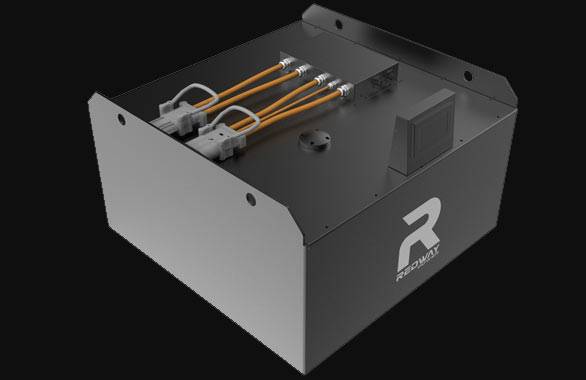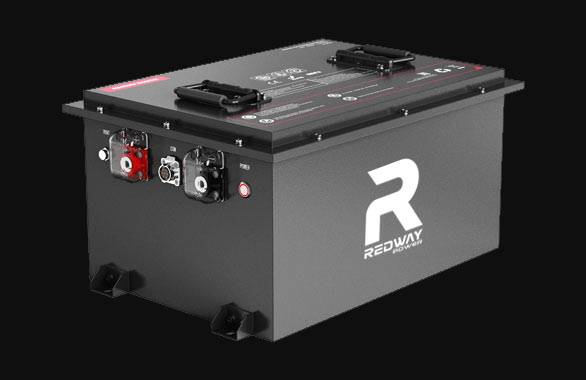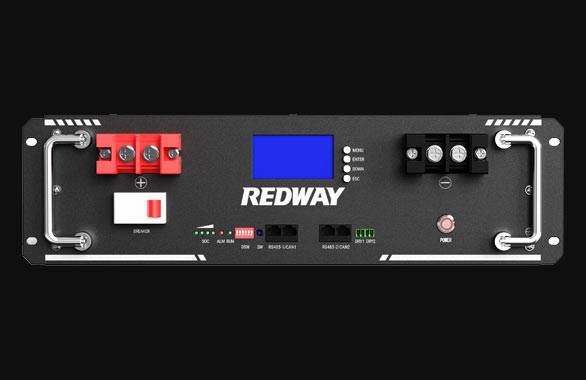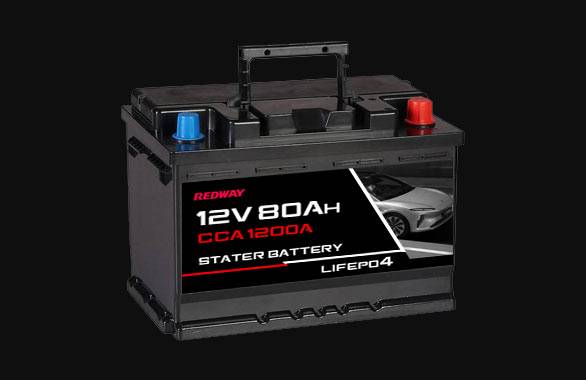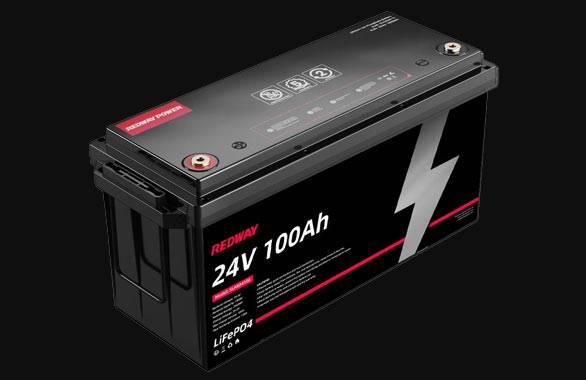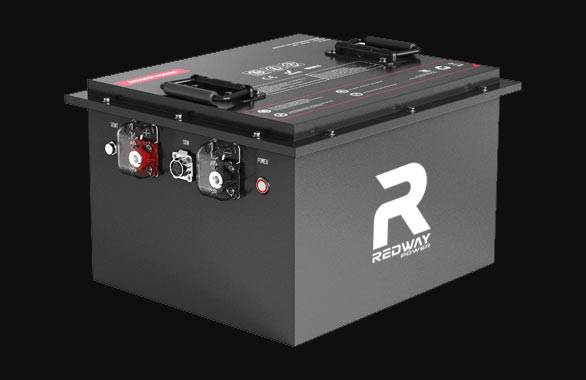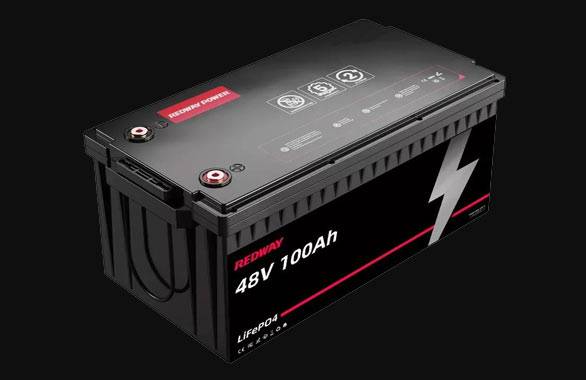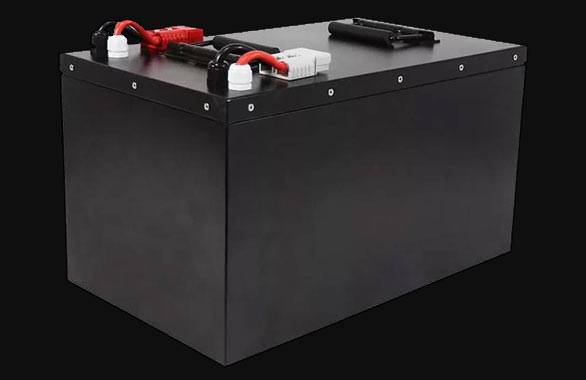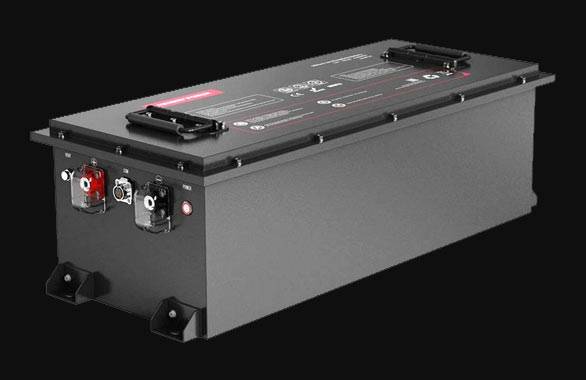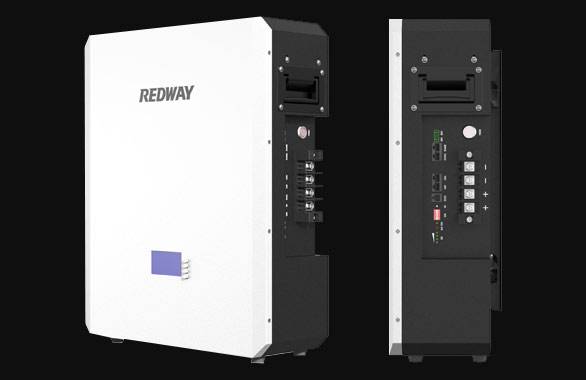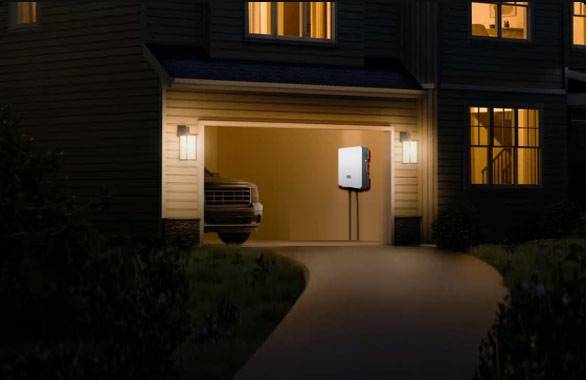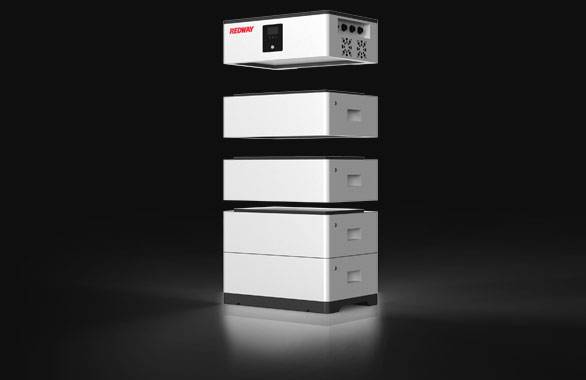- Forklift Lithium Battery
- Golf Cart Lithium Battery
- Rack-mounted Lithium Battery
51.2V 100Ah Rackmount LiFePO4 Battery
8000 times (80% DOD 0.5C)
Optional SNMP for TELECOM - Car Starter Battery
- 12V LiFePO4 Battery
12V 150Ah Lithium RV Battery
Bluetooth App | Self-heating
LiFePO4 | Group 31
UL 1642 | IEC 62619 - 24V LiFePO4 Battery
- 36V LiFePO4 Battery
- 48V LiFePO4 Battery
- 60V LiFePO4 Battery
60V 100Ah Lithium Battery (AGV, AMR, LGV)
Peak Discharge Current 400A
500 x 298 x 349 mm - 72V~96V LiFePO4 Battery
72V 100Ah Lithium Golf Cart Battery
Peak Discharge Current 315A (10S)
740 × 320 × 246 mm - Wall-mounted Lithium Battery
51.2V 100Ah 5kWh
Wall-mounted Battery532 x 425 x 170 mm / LiFePO4
>8000 Cycles (80% DOD 0.5C)
RS485 / CAN-bus
for Solar Home ESS - Home-ESS All-in-One
51.2V 32kWh
All-in-On HESS SystemPowerAll
51.2V / LiFePO4
>8000 Cycles (80% DOD 0.5C)
RS485 / CAN-bus / WiFi
All-in-One for Home ESS
Wholesale Lithium Golf Cart Batteries: Redway Power’s OEM Advantage
Redway Power’s OEM advantage in wholesale lithium golf cart batteries stems from 13+ years of specialized lithium battery manufacturing expertise. Their customized LiFePO4 solutions combine high energy density (150-160Wh/kg) with intelligent BMS integration, supporting golf cart OEMs through scalable production, rigorous UN38.3/CE certifications, and turnkey design-to-delivery services optimized for electric mobility applications.
Understanding Lithium Golf Cart Batteries – A Comprehensive Guide
What technical specifications define Redway’s golf cart batteries?
Redway’s 72V LiFePO4 systems deliver 200+ cycles at 100% DoD with ±1% voltage stability. Proprietary multi-stage BMS prevents cell imbalance during rapid 20A charging, critical for commercial fleet operations.
Through advanced electrode stacking technology, Redway achieves 18% higher energy density compared to industry averages—essential for extended golf course ranges. A real-world example: Their 72V 105Ah battery provides 7.56kWh capacity, enabling 120km per charge in 4-seat carts. Pro Tip: Always verify IP67 ratings when selecting batteries for rainy environments; Redway’s sealed aluminum housings prevent water ingress without compromising thermal management. But how do these specs translate to real-world performance? Field tests show 98.2% capacity retention after 1,500 cycles when maintained at 25°C±5°C.
⚠️ Critical: Never mix battery chemistries in serial configurations—LiFePO4/NMC hybrids risk thermal runaway above 40°C.
How does Redway ensure OEM scalability?
The company employs modular architecture across 48V-72V platforms, enabling rapid capacity adjustments through parallel connections. Automated production lines achieve 95% yield rates for 10,000-unit batches.
With six SMT assembly lines and robotic welding systems, Redway delivers 72-hour prototype turnaround for custom BMS programming. For large orders, their just-in-time manufacturing synchronizes with clients’ production schedules—critical when supplying 20,000+ units annually to golf resort operators. What makes this system fault-tolerant? Dual-source cell procurement from CATL and EVE Energy, combined with 72-hour burn-in testing, minimizes batch inconsistencies. Transitioning from design to mass production takes just 45 days, 30% faster than industry benchmarks.
| Parameter | Redway Standard | Industry Average |
|---|---|---|
| Cycle Life | 4,000+ | 3,200 |
| Energy Density | 155Wh/kg | 132Wh/kg |
Redway Battery Expert Insight
Redway Power excels in lithium golf cart battery OEM solutions through vertically integrated manufacturing—from cell screening to smart BMS development. Our 72V systems feature graded electrode materials and multi-layer safety protocols, achieving 25% faster charge acceptance than competitors while maintaining <2mV cell differentials throughout operational lifetimes.
FAQs
What certifications do Redway’s OEM batteries carry?
All systems meet UN38.3, CE, and RoHS standards, with optional UL1973/IEC62619 certifications for North American markets—essential for golf cart export compliance.
Can Redway customize BMS communication protocols?
Yes, their engineering team programs CAN BUS, RS485, or Bluetooth interfaces to integrate with clients’ existing fleet management systems within 14 business days.
Understanding the Cost of a New Golf Cart – A Comprehensive Guide


